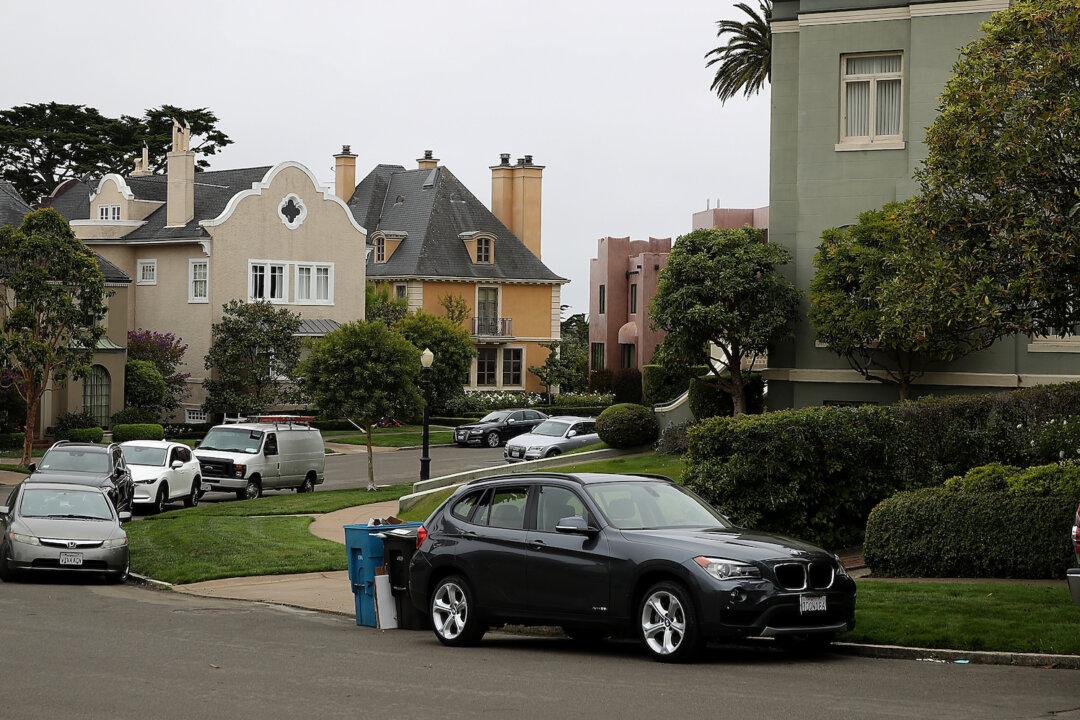California Gov. Gavin Newsom announced on Oct. 26 the findings of a report detailing issues in San Francisco’s housing policies and permitting that are hampering new housing development and, he said, are in violation of state law.
Citing decades-long issues and what are described in the report as the worst practices in the state, the governor is looking to expedite development, eliminate some environmental reviews, and improve transparency while removing subjectivity from planning review processes.





